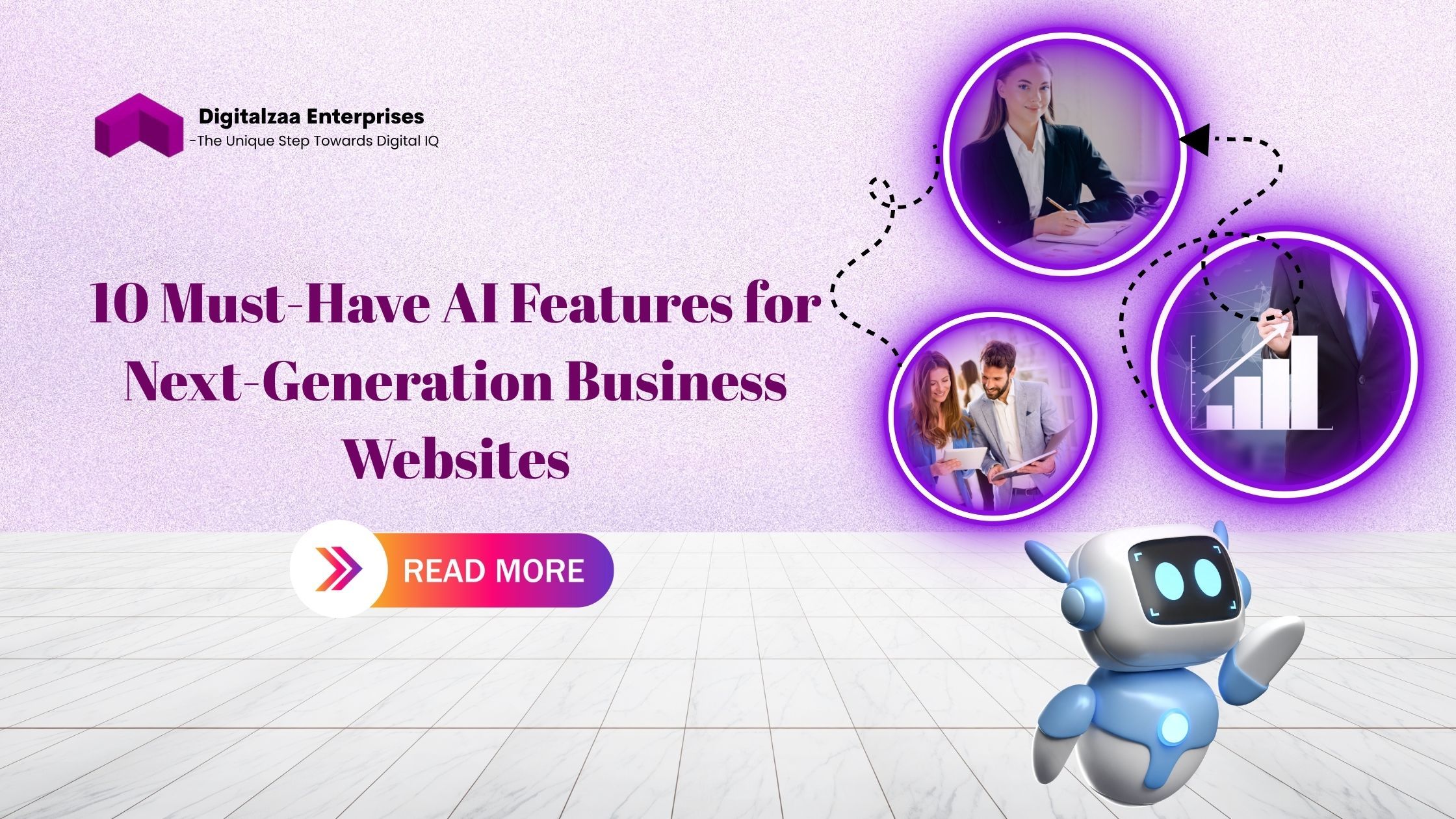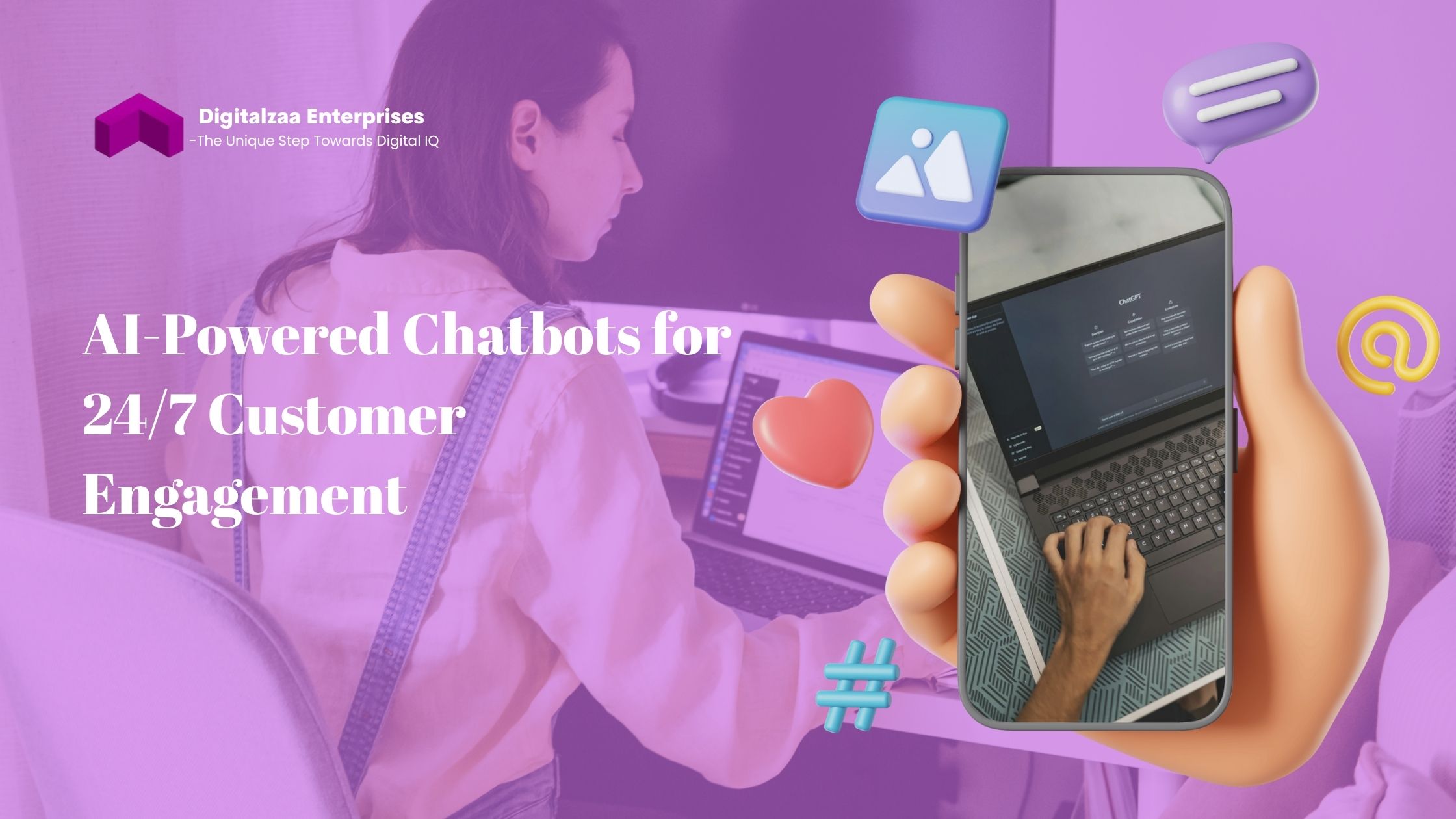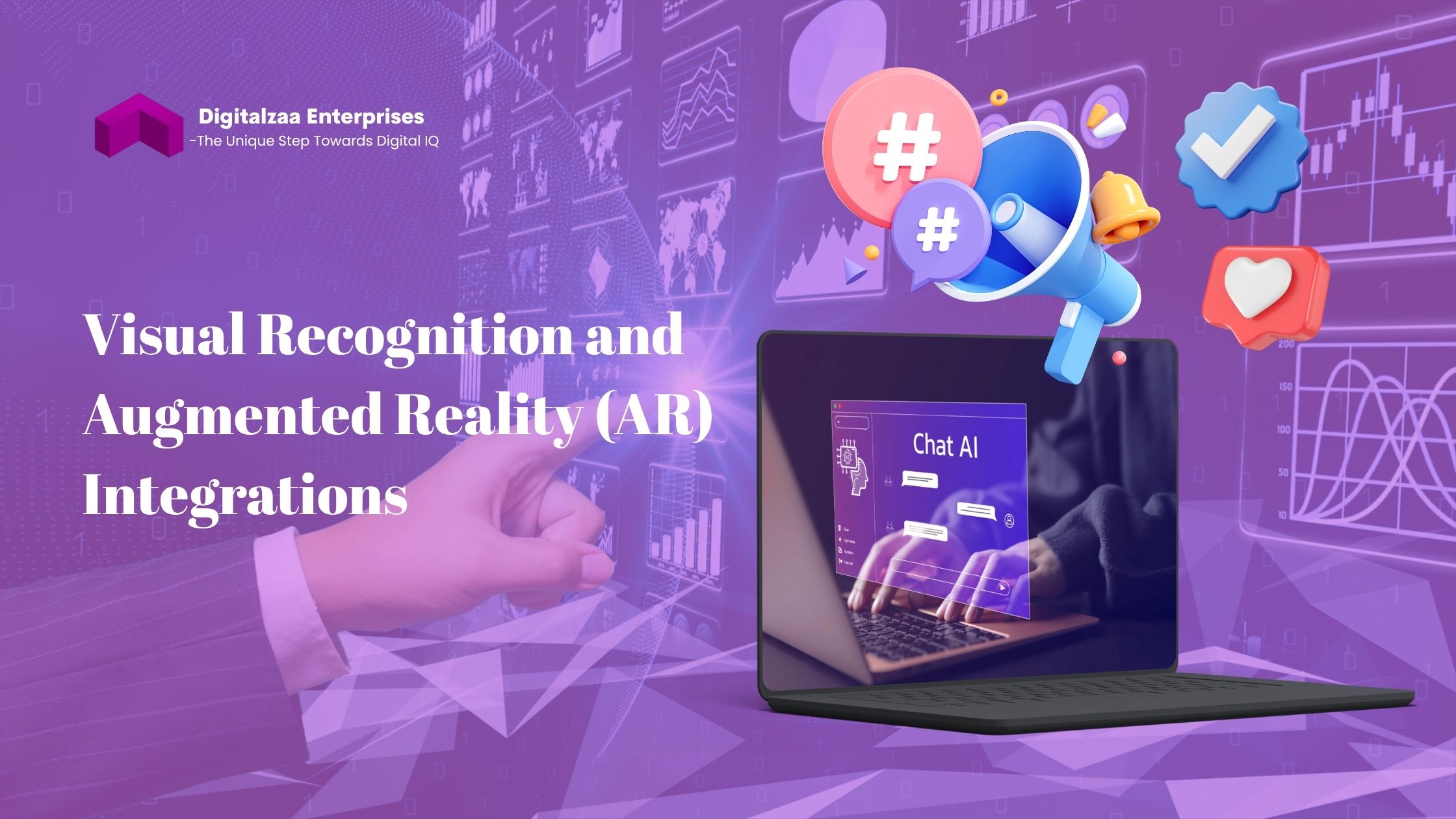10 Must-Have AI Features for Next-Generation Business Websites.

In today's fast-evolving digital era, simply having a website isn't enough. As users demand smarter, faster, and more personalized experiences, businesses must adapt or risk falling behind. Enter Artificial Intelligence (AI)—a powerful catalyst transforming traditional websites into dynamic, intelligent platforms that enhance user engagement, optimize operations, and boost conversions.
Next-generation business websites are no longer static brochures. They are intelligent ecosystems driven by real-time data, predictive capabilities, and automation. Whether you're a startup or an enterprise-level organization, integrating AI features into your website is no longer a luxury—it's a necessity.
Below are 10 must-have AI features that can give your business website the edge it needs in 2025 and beyond.
1. AI-Powered Chatbots for 24/7 Customer Engagement

One of the most recognizable applications of AI in business websites is the chatbot. Modern AI-powered chatbots, like those using natural language processing (NLP), can understand user intent, context, and even sentiment.
Benefits:
- Provide instant responses to common queries.
- Reduce the need for human support staff.
- Capture leads and direct users down the sales funnel.
- Offer multilingual support for global audiences.
Use Case: A SaaS company uses an AI chatbot to guide visitors to appropriate pricing plans based on their business size and goals, significantly improving conversion rates.
2. Personalized Content Recommendations
AI excels at analyzing user behavior, preferences, and browsing history. By integrating a recommendation engine, websites can serve personalized content to users in real-time.
Benefits:
- Increase time spent on site.
- Reduce bounce rates.
- Drive upsells and cross-sells.
Use Case: An e-commerce site uses AI to recommend products based on past purchases, location, and even weather patterns, boosting average order value.
3. Voice Search Optimization
With the rise of voice assistants like Alexa, Siri, and Google Assistant, voice search is becoming mainstream. AI can help websites become more voice-search friendly by interpreting natural language queries.
Features to include:
- AI-based schema markup for voice-friendly content.
- Conversational keyword integration.
- Fast and mobile-optimized UI.
Use Case: A restaurant’s website optimized for voice search can respond accurately to phrases like "Find an Italian restaurant near me open now."
4. Smart Search and Auto-Completion
Search is at the heart of user navigation. AI-enhanced site search engines offer intuitive and fast results using machine learning, NLP, and predictive text.
Benefits:
- Provide relevant results, even with misspellings or vague queries.
- Offer dynamic filtering and sorting based on user behavior.
- Learn from user feedback to improve future results.
Use Case: A job portal uses AI search to suggest job titles based on incomplete input and user profile data, increasing job applications.
5. AI-Based Predictive Analytics
Your website can be more than just a destination—it can be a source of valuable insight. AI predictive analytics tools help analyze visitor data to forecast future behavior and trends.
Benefits:
- Anticipate customer needs before they arise.
- Identify high-value prospects and segment audiences.
- Improve ROI by aligning content and campaigns with expected behavior.
Use Case: A B2B website uses AI to predict which leads are likely to convert and automatically pushes them to the CRM for nurturing.
6. Automated A/B Testing and UX Optimization
AI can rapidly test multiple versions of a website layout, CTA, or content to determine what works best, all without manual input.
Features:
- Real-time adjustment of website elements.
- Adaptive design that learns from each visitor's interaction.
- Multivariate testing for deeper insights.
Use Case: An AI platform tests various homepage hero images and headlines, learning which combinations drive the most engagement and adjusting automatically.
7. AI-Driven Dynamic Pricing Engines
For e-commerce businesses, static pricing models are outdated. AI tools can dynamically adjust prices based on demand, user behavior, competitor pricing, and more.
Benefits:
- Stay competitive in real-time.
- Maximize revenue and profit margins.
- Customize pricing for different customer segments.
Use Case: An online electronics store uses AI to adjust prices during high-demand periods, such as holidays or new product launches, optimizing revenue.
8. AI-Powered Content Creation and Enhancement
Creating consistent, high-quality content is time-consuming. AI tools like ChatGPT and Jasper can assist in generating product descriptions, blog posts, and meta tags tailored to user behavior and SEO strategies.
Benefits:
- Generate SEO-friendly content at scale.
- Maintain a consistent brand voice.
- Speed up content marketing cycles.
Use Case: A fashion retailer uses AI to write product descriptions that include trending keywords and personalized language for different demographics.
9. AI-Based Security and Fraud Detection
Cybersecurity is a growing concern for online businesses. AI can enhance website security by detecting threats in real-time and adapting to new patterns of fraud.
Features:
- Bot traffic detection.
- Anomaly tracking for login attempts.
- Real-time threat alerts.
Use Case: A fintech site uses AI to identify unusual login patterns and prevent unauthorized access before damage occurs
10. Visual Recognition and Augmented Reality (AR) Integrations

AI-based visual recognition lets users interact with websites using images. Combine this with AR, and you offer immersive shopping or service experiences.
Benefits:
- Boost interactivity and engagement.
- Reduce product return rates by enabling virtual try-ons.
- Enhance decision-making in real time.
Use Case: A furniture retailer uses AI to let customers upload a picture of their room and visualize how a new sofa would look using AR, directly from the website.
Why These Features Matter
Let’s be clear: these AI features aren’t just bells and whistles. They’re mission-critical for modern business websites aiming to compete in 2025 and beyond.
Here’s why:
- User Expectations Have Changed: Today’s users expect personalization, speed, and intelligence. Websites that don’t deliver will be abandoned.
- Data-Driven Decisions Rule: AI brings actionable insights that improve customer experience, operations, and marketing ROI.
- Competitive Edge: Brands using AI can innovate faster, adapt to change quicker, and create stickier user experiences.
Key Industries Benefiting from AI-Enhanced Websites
AI is sector-agnostic. However, certain industries are seeing outsized gains from integrating AI into their websites:
- E-commerce: Personalized shopping experiences, dynamic pricing, and smart recommendations.
- Healthcare: AI bots answering patient queries, predictive diagnostics, and appointment scheduling.
- Finance: Real-time fraud detection, investment bots, and risk profiling.
- Education: Adaptive learning modules, AI tutors, and content curation.
- Real Estate: AI-based property matching, virtual tours, and lead scoring.
How to Implement AI on Your Website
If you're convinced AI belongs in your business website, here’s how to begin:
- Start Small: Begin with one or two AI features such as a chatbot or smart search and scale as you see ROI.
- Choose the Right Tools: Evaluate platforms like IBM Watson, Google Cloud AI, Microsoft Azure AI, and open-source solutions.
- Work With AI-Focused Developers: Ensure your development team understands how to train and fine-tune models.
- Respect Privacy and Compliance: AI works best with data, but make sure it's collected and used responsibly, in line with GDPR or CCPA.
- Test and Optimize: AI features should evolve. Monitor their performance and refine them based on user behavior and feedback.
Conclusion
AI is not a distant future—it’s a present-day necessity. Websites are no longer passive digital brochures; they are intelligent systems designed to think, learn, and serve. The 10 must-have AI features outlined in this post are not just transformative—they are essential for any business looking to thrive in the hyper-digital age.
If your competitors are already leveraging AI, it’s time to catch up. If they’re not, now is your chance to lead.


